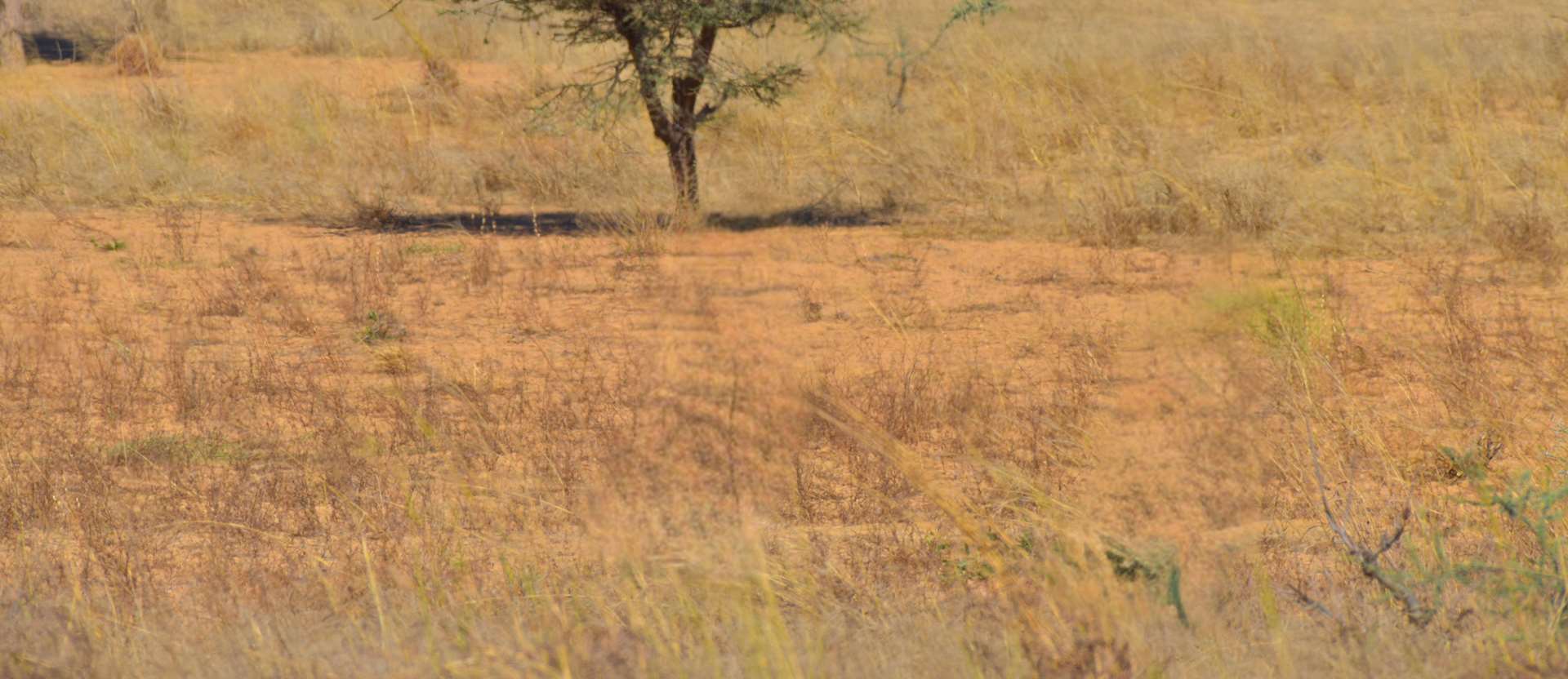
An update from our Future Forest project in Ethiopia
28th February 2024People in northern Ethiopia are living on the frontline of the climate crisis, with temperatures fast rising and land that is becoming more and more infertile. In Ethiopia's Metema region, an ancient forest lies in the last green belt before the start of the desert. But the climate crisis and deforestation have taken hold, and without action, this vital forest could be extinct in 20 years.
Thanks to your support and match funding from the UK government, our Future Forest project is now working with communities to protect their forest, tackle the climate crisis, and contribute to the Great Green Wall movement across Africa.
Why is this project needed?
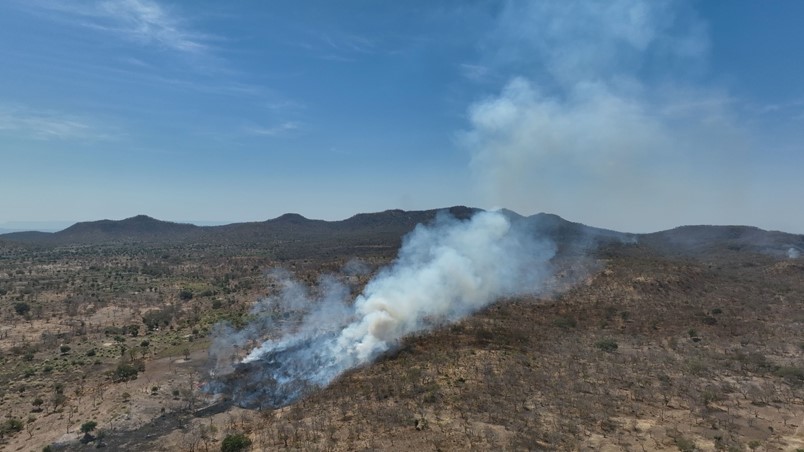
The climate crisis, high rates of tree felling and unsustainable tapping for frankincense, are stopping the frankincense forest from regenerating. This will have a devastating impact on communities that rely on the forest for food and income.
With tools and training, the local community in Metema can learn ways to harvest frankincense sustainably while protecting their forest and bringing it back from the brink. This means that the communities and the forest can thrive, together.
All of this work will also contribute to the Great Green Wall, helping to stop the encroaching desert and create sustainable incomes for people living in poverty. The Great Green Wall movement will re-green and restore land across Africa, bringing degraded landscapes back to life.
Why frankincense?
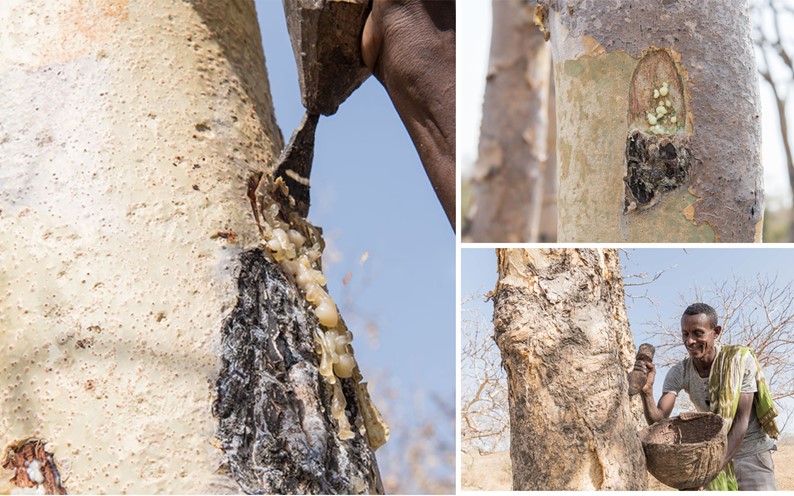
The Metema forest is particularly special because of its frankincense trees which are a lifeline for local communities. In this part of Ethiopia, they provide up to 30% of household income for the families who sell their resin which is used as incense and in essential oils around the world.
While frankincense trees can provide a vital source of income, unsustainable practices used to extract the resin are putting their future at risk. That’s why, through this project, we are supporting communities with the tools and training they need to sustainably use frankincense trees and protect them for the future.
Results so far:
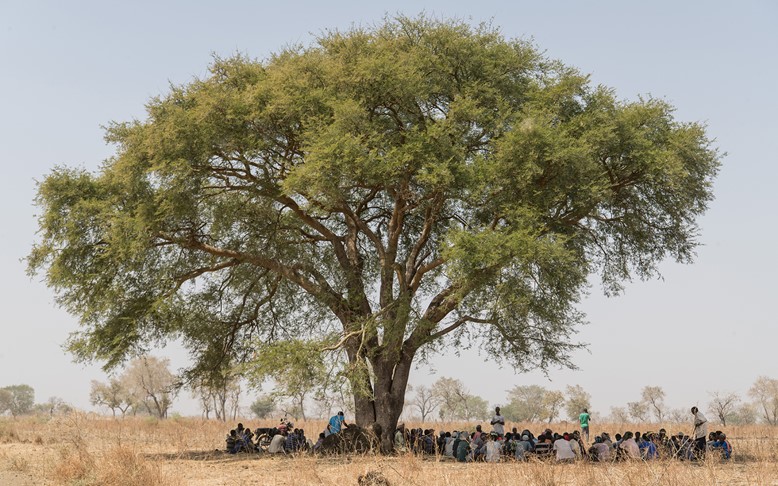
Although the project has faced some serious challenges involving insecurity at the national and regional levels (with a state of emergency declared across the country in February 2022), communities have remained committed and stable, and have achieved incredible results in the face of difficult circumstances.
We're excited to say that at this midway point, the project has achieved:
3,083 people supported, surpassing our overall target of 2,774. All project participants are members of Participatory Forest Management (PFM) Cooperative Groups which were established to govern and protect the Metema forest. Each group is responsible for an area of the forest and ensures that no illegal tapping of frankincense is taking place for example.
Establishment of a multi-agency task force and stakeholder forum. The task force consists of members of the judiciary, police, and local government. It helps to protect the forest from a legal and an advocacy perspective.
116,000 indigenous tree seedlings that are suitable for the dry environment were raised and planted across the forests.
1,211 people took part in sustainable land management practices training. This includes how to use of organic fertilizers, how to retain water moisture, how to protect the seedlings that are being grown, how to use agroforestry trees within people’s farming within the context of the dry forest land.
Review and development of new forest management plans which provide a best practice document to guide members of the cooperative groups.
373 people took part in a fire awareness and fire belt creation training, and protection equipment was provided. First areas at risk of fire were demarcated, then people cut the grass and vegetation in these areas, usually around the base of trees and areas around trees.
Training on gender equity in the context of conflict management and group dynamics which was delivered to both men and women. Throughout this project we are trying to improve and strengthen women’s involvement and are striving to get more female leaders at the cooperative level.
3 warehouses were constructed to enable people to store, sort and grade frankincense. This improves the production of frankincense.
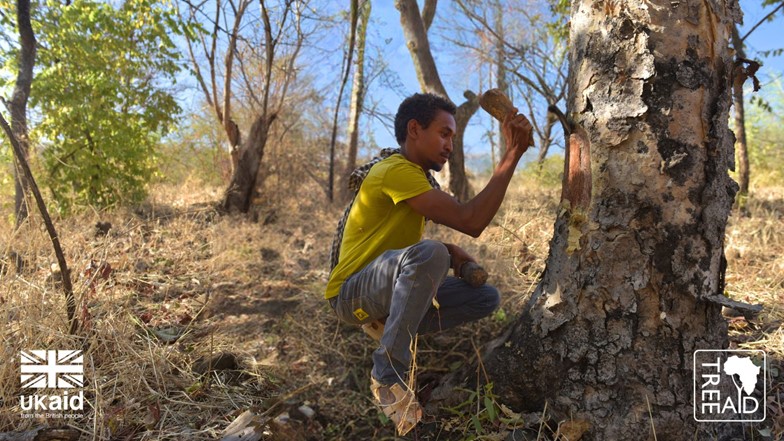
This amazing achievement wouldn't have been possible without the help from our generous supporters, partners, and match funding from the UK government through the UK Aid Match scheme. We're looking forward to seeing what the next phase of the project will bring!